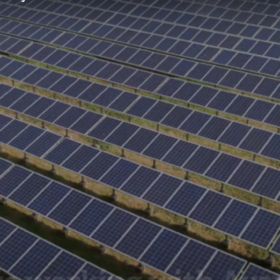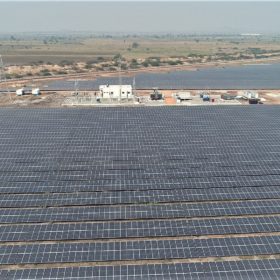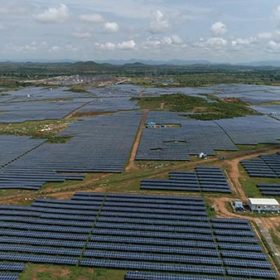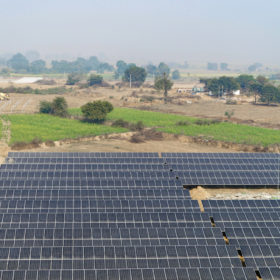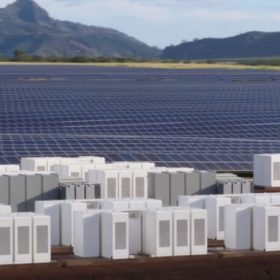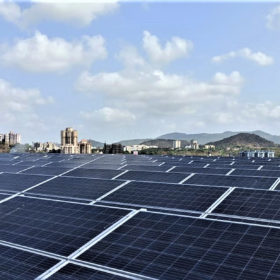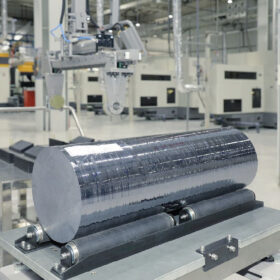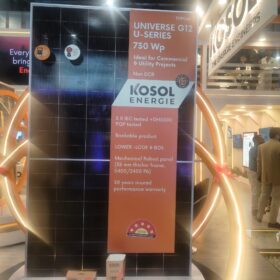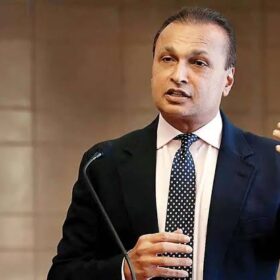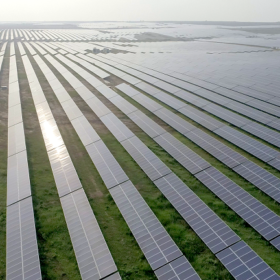NLC tenders EPC work for 100MW solar
Bidders have until April 8 to lodge their interest in setting up a 100MW (AC) interstate transmission system (ISTS) connected solar power project anywhere in India.
Fortum wins 200MW solar project in Gujarat
The solar project shall benefit from a 25-year power purchase agreement (PPA) with the state discom Gujarat Urja Vikas Nigam Limited at a fixed tariff of INR 2.29/kWh.
India installed 1.2GW of open-access solar in 2021
With that, the nation surpassed a cumulative 5GW of “open-access” solar generation capacity by the end of December.
AP High Court order upholding the sanctity of solar PPAs a positive news but timely implementation remains critical, says ICRA
In the matter of power purchase agreement (PPA) tariff renegotiation, the high court of Andhra Pradesh has directed the state discoms to honor the PPA terms and clear the pending payments to solar and wind power developers within six weeks from the date of the order. The incremental impact on power purchase cost for the AP discoms is estimated at about INR 10,500 crore, due to the build-up of dues arising out of the difference between the PPA rate and interim rate over the last three-year period.
Tata Power DDL, Battery Smart partner to set up battery-swapping network for electric vehicles
The Delhi discom has partnered with battery-as-a-service provider Battery Smart to set up battery swap stations for electric two- and three-wheelers across North Delhi.
European investor ThomasLloyd gets government approval for SolarArise acquisition
Delhi-based SolarArise India Projects, an investee company of ThomasLloyd, owns seven solar power projects with a cumulative capacity of 434MW in India.
Panasonic launches solar heat pump solution for water heating
Panasonic has unveiled a new product in Japan with a PV-based charging function that uses a heat pump and hot water storage unit to save energy by maintaining bathwater temperatures at constant levels.
Larsen & Toubro secures 280MW of solar projects
The Indian multinational EPC solutions provider has been awarded a 245MW solar power project in Rajasthan, and a 35MW(AC) PV capacity with 57MWh battery energy storage system in the Kutch district of Gujarat.
Blockchain technology in renewable energy
The present system of the energy sector is centralized due to which the prosumer’s and consumers’ direct connection is yet to be formed. It’s due to persisting challenges like transaction efficiency, security and data transparency in the Indian energy market. The blockchain is a data-driven technology that helps create a very transparent process in data sharing among the peers involved in the system and sort out the challenges persisting in the energy market.
Azure Power commissions 300MW solar project in Rajasthan
The solar power project, located in the Bhadla region, will supply power to Solar Energy Corporation of India for 25 years at a tariff of INR 2.58 (US 3.7 cents) per kWh.
